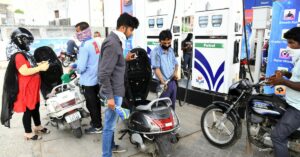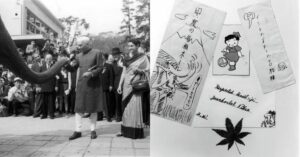Exclusive: After 26/11, This Therapist Helped Mumbaikars Heal Their Hearts & Minds
“Terrorism is a man-made disaster. It leaves you with a lack of control. While in natural disasters, people often say it was mother earth etc., it is still a matter of faith. But in man-made disasters, it leaves you feeling helpless and powerless.”
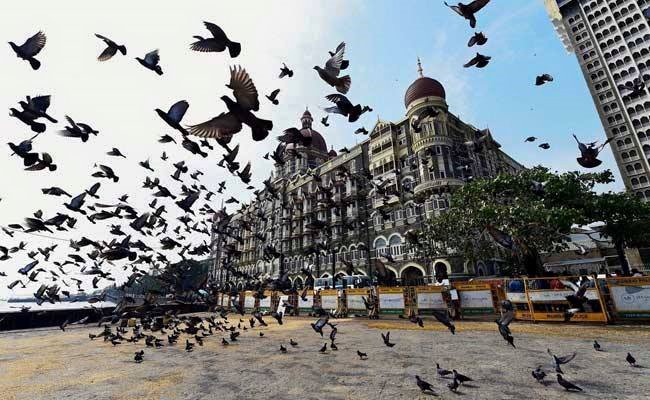
Ten years after Mumbai experienced the life-changing terrorist attacks on 26/11, The Better India pays homage to the heroes who fought bravely that day and their efforts to rebuild afterwards. #IndiaRemembers
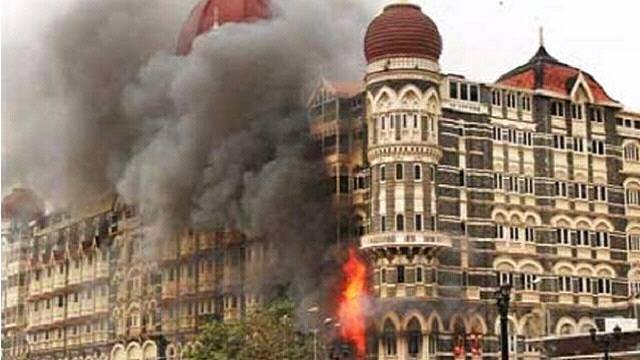
Photo Source
No one can forget the images of the Taj Palace Hotel, black smoke billowing from its broken dome, on the fateful day of 26/11.
While the Taj Palace itself has been reconstructed and perhaps restored to its past glory, what many people do not know is that there was a concerted effort to rebuild the lives of the people who were impacted by the terror attacks.
For Anil (name changed), an employee of the Taj, the day began like any other, but by its end, this otherwise gregarious and affable man was reeling in shock and psychological trauma. He was caught right inside the hotel, with his life on the line, until the security forces rescued him.
Juhi (name changed), was all of 24, when the attacks took place. A former sex-worker, she was at CST with her husband who was gunned down by the terrorists. The loss of her husband meant that she had to be the breadwinner of the family and support her two kids. Unable to run the business her husband ran, she went back to being a sex-worker.
The reason I mention both these stories is to highlight how the 26/11 attacks so terribly affected people from all spectra of society.
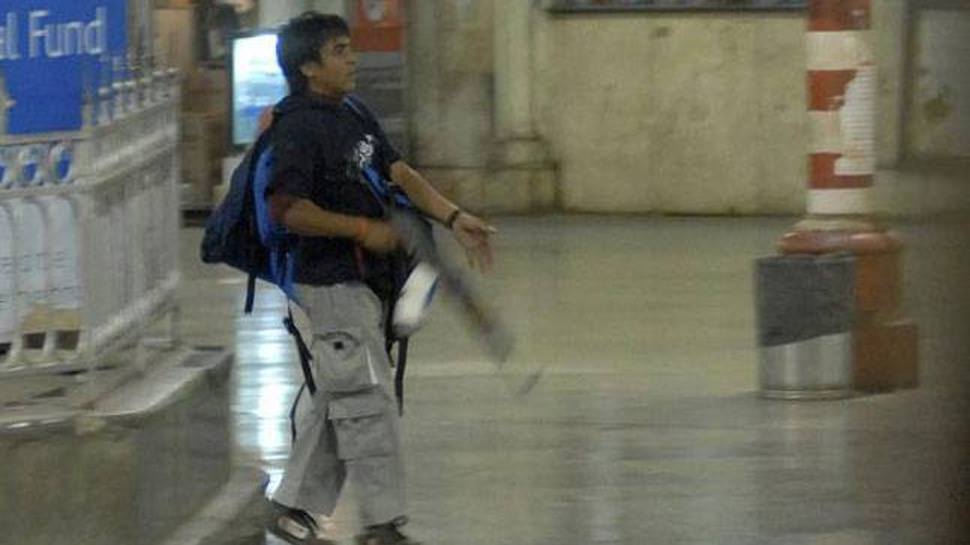
Photo Source
There was a coordinated, concerted effort by various stakeholders – corporates, government, institutions, well-meaning individuals, all of whom came together to deliver psychological support and counselling to the people affected by 26/11.
In this article, we speak to a mental health professional, Hena Faqurudheen, who was on-ground as part of the team from Tata Institute of Social Sciences (TISS), Mumbai, on the frontline of the battle to regain these people’s lives.
“Terrorism is a man-made disaster. It leaves you with a lack of control. While in natural disasters, people often say it was mother earth etc., it is still a matter of faith. But in man-made disasters, it leaves you feeling helpless and powerless.”
People are able to rationalise natural disasters much better than man-made disasters.
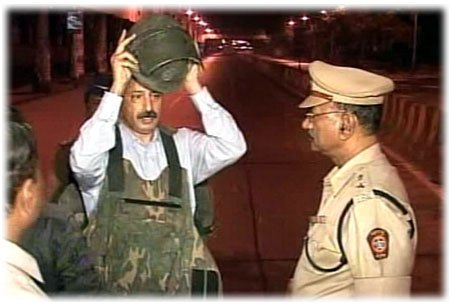
Photo Source
Hena mentions one question that she was often asked through her sessions, “Who is Kasab? Someone’s son from somewhere, but why did he have to come here and do this to us? What wrong did we do?”
Unfortunately, there was no answer that Hena could give them for it.
“For the first couple of months post the attack, our notes always mentioned these questions and our inability to answer it,” she says.
Although she had done some disaster relief work earlier, for most of her colleagues, it was a new and challenging project.
Where do therapists go for therapy?
While the victims were rebuilding their lives, the therapists too went through their struggles.
“Therapists are humans too and go through the same gamut of emotions as anyone else.”

“In this case, what helped was that we had access to our professors who kept counselling us and helping us,” she says.
Year-on-year, around this time, Hena says that she is reminded of it all.
“I remember exactly when the attacks started, what I was doing and where I was. It’s etched in my memory. I was at home, living with my family in Vashi, and watched everything unfold on television. It was like this collective light-bulb moment,” she recollects.
After 10 years, TISS is now winding down the project, as all the victims under its fold, including Anil and Juhi, have psychologically recovered. While Hena has now moved to another city, even today, she keeps tabs on the people she had counselled.
How did the therapy sessions work?
“In the beginning, just after the attacks, a group of students from TISS, literally were on the streets, looking for people who had been impacted in any way. You must also understand that it was the pre-technology invasion era. While people checked into hospitals, the records were not digitised, and we had no way of tracking them,” says Hena.
There were no Whatsapp Groups, and access to social media was not like it is today.
She goes on to say, “All the attack sites were so transient in nature, that going back there didn’t help us find any of the people we were looking for.”
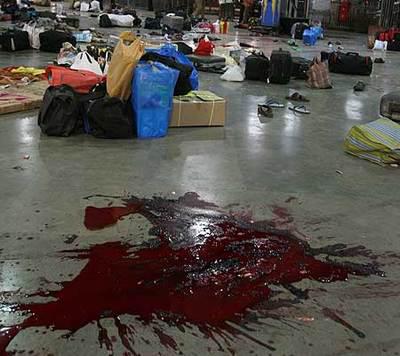
Photo Source
It was hard work, but they managed to locate some victims in the attacks.
Hena says that the next step was to build their trust, especially considering their fragile and vulnerable conditions. “When we were conducting sessions initially, they were always one-on-one. We would check-in to see if the families were coping well, children had settled in school, whether the families wanted legal or financial aid etc.”
The method used was called the ‘umbrella model of psycho-social care’, which means that just physical health or financial aid will not help in any manner. Even just mental health support for a short period would not solve the issues. Which is also why Hena feels that the project went on for almost a decade.
Just as we end our conversation, Hena felt a sense of closure, perhaps in having worked with so many different kinds of people and helping many of them along the way.
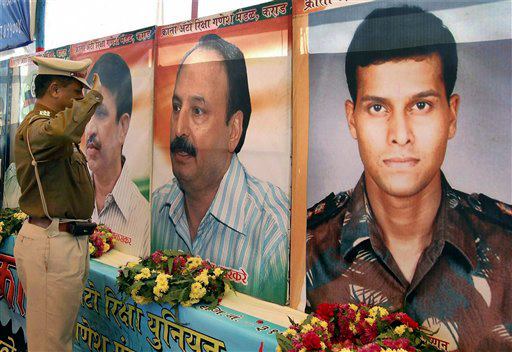
Photo Source
While the wounds that the attacks left behind will always remain, we hope that those who were impacted have found a way to move ahead.
(Edited by Shruti Singhal)
Like this story? Or have something to share?
Write to us: [email protected]
Connect with us on Facebook and Twitter.
This story made me
- 97
- 121
- 89
- 167
Tell Us More
We bring stories straight from the heart of India, to inspire millions and create a wave of impact. Our positive movement is growing bigger everyday, and we would love for you to join it.
Please contribute whatever you can, every little penny helps our team in bringing you more stories that support dreams and spread hope.






